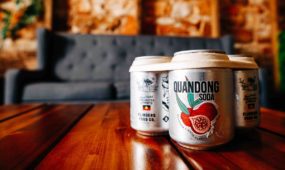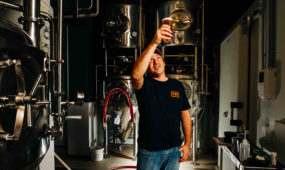In Max’s Memory
Food & Wine
The Royal Adelaide Wine Show’s top prize for Most Outstanding Red Wine honours the man who put South Australia on the map for outstanding red wine: Max Schubert.

Sign up to receive notifications about new stories in this category.
Thank you for subscribing to story notifications.
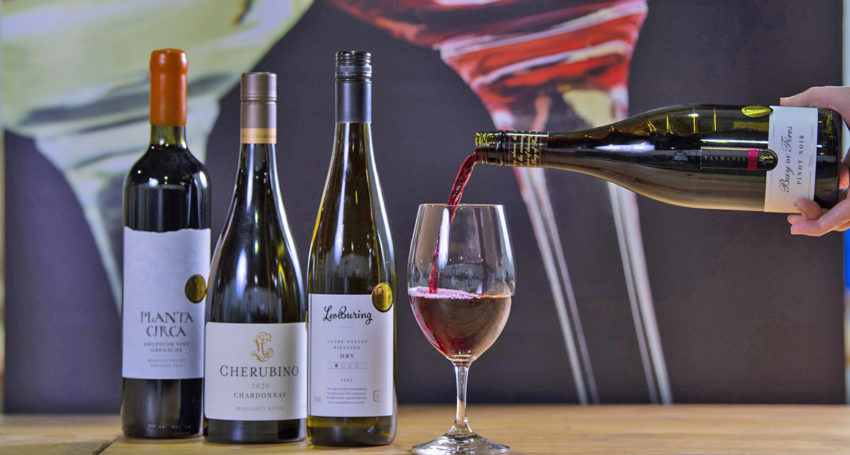
The Bay of Fires Pinot Noir 2020 has taken out this year’s Royal Adelaide Wine Show’s top gong, the Max Schubert Trophy for Most Outstanding Red Wine in Show.
The coveted prize, which has long been received by heavier-bodied reds like Shiraz and Cabernet Sauvignon, is the most prestigious award at Australia’s most prestigious wine show.
The trophy’s namesake, Max Schubert, was Penfolds’ Wines Chief Winemaker from 1948 to 1975. He was a trailblazer of South Australia’s wine industry, and is known as the father of Australian table wine.
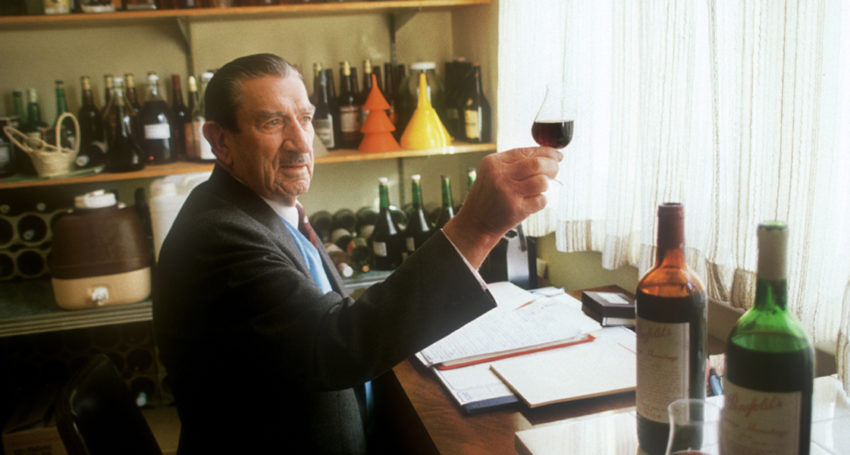
Max Schubert, 1982, from ‘A year in the life of Grange’ by Milton Wordley and Philip White. Photo Milton Wordley
Schubert’s passion and drive to purvey Australian wine good enough to match world-class French reds led to the creation of certainly Australia’s and perhaps one of the world’s most famous wines, the peerless Penfold’s Grange.
Born into a wine region, Schubert grew up in Moculta on the fringes of the Barossa Valley and worked at Penfolds’ Nuriootpa and Magill wineries as a teenager. In 1940, Schubert enlisted in the military and served in several of Australia’s World War II fronts in North Africa, Greece and Sri Lanka (then Ceylon).
Following the culmination of the War, Schubert returned to Penfolds but was promptly sent back to Europe to learn the tricks of the winemaking trade in Spain and France. His time spent studying and drinking Bordeaux and Burgundy inspired Schubert to steer Australian consumers away from the then-dominant sweet, fortified types of red wines. His solution was a bold, concentrated, highly tannic shiraz he called Grange Hermitage.
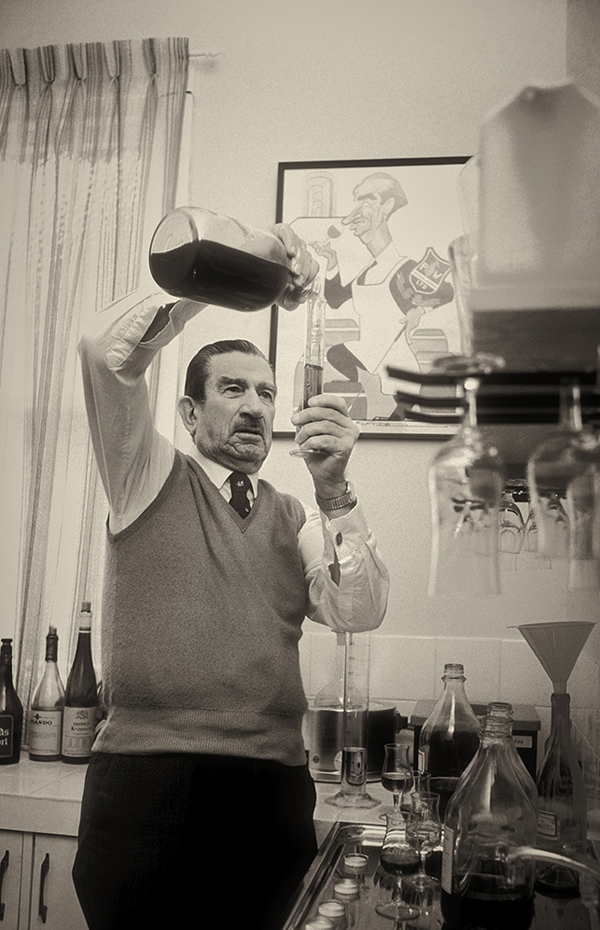
Max Schubert, 1982. Photo Milton Wordley
Initial reception by critics to Grange was scathing – so much so that Schubert was ordered to cease producing his brainchild wine by the Penfolds hierarchy. But in defiance, Schubert continued to secretly forge ahead with his Grange project. Once the early releases of Grange softened and developed with age, people began to take notice and in 1962 Grange’s first of many awards was won.
The rest is history.
“He’s the father of the modern wine industry, certainly when talking about the dry red movement that the vast majority of Australian red wines are these days,” says Greg Follett, Chair of the Royal Adelaide Wine Show Committee.
“It was before my time as Chair of the Committee, but it was a fairly obvious choice for the Royal Adelaide Wine Show to name their champion award after Max. Not only is his winemaking revered, but the marketing and reputational power Grange possesses has been massive for the South Australian wine industry.”
Schubert’s superlative legacy earned his patronage of the Royal Adelaide Wine Show’s most prized trophy, which is contested by hundreds of Australia’s best wines each year.
Recent recipients of the Max Schubert Trophy include Langhorne Creek’s Bleasdale Wines, Margaret River’s Deep Woods Estate and Barossa Valley’s Saltram Wines.
The significance of this year’s award is that it is one of the very rare occasions the winner is not one of the more traditional Australian red varieties, the types pioneered by Schubert during his tenure as Penfold’s chief – Shiraz and Cabernet Sauvignon.
That lighter-bodied Bay of Fires Pinot Noir 2020 from Tasmania claimed the scalp of the Max Schubert Trophy may represent more than an odd spike in the record books.
“It’s a testament to the quality and diversity of Australian wine nowadays”, says Greg.
“Ten years ago it would’ve almost been sacrilegious for a Pinot from Tassie to win this award, but now it’s a true embodiment of the variety out there and the quality of the judges to pick a Pinot as the best from an incredible field of finalists.”
Jump to next article


